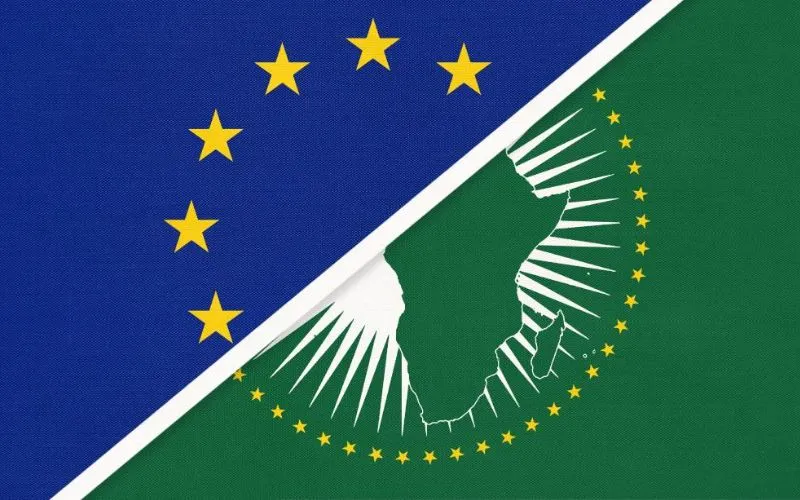Nairobi, 15 May, 2025 / 3:47 pm (ACI Africa).
Catholic Bishops in Africa and Europe have called on the African Union (AU) and the European Union (EU) leaders to build a just and equitable partnership that places the needs, rights, and dignity of African peoples at its centre, and not charity or external interests.
In a joint statement issued ahead of the Third AU-EU Ministerial Meeting scheduled for Wednesday, May 21, in Brussels, Belgium, members of the Symposium of Episcopal Conferences of Africa and Madagascar (SECAM) and Commission of the Bishops’ Conferences of the European Union (COMECE) urge leaders to reimagine their cooperation through the lens of justice, mutual respect, and integral ecology.
“We are firmly convinced that Africa and Europe could become the engines for a reinvigoration of multilateral cooperation by reinforcing their longstanding ties marked by our common roots and geographical proximity towards an equitable and responsible partnership that puts the people at its centre,” Catholic Bishops in Africa and Europe say in the statement issued Wednesday, May 15.
However, they express “deep concern about certain developments in this partnership over recent years,” faulting a “profound shift in European priorities” from development and solidarity to a focus on “a more narrowly defined set of geopolitical and economic interests.”
“Africa does not need charity, nor does it need to be a battleground for external interests. What it needs is justice. What it needs is a partnership grounded in mutual respect, environmental stewardship, and the centrality of human dignity,” the Bishops say.








